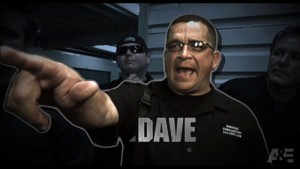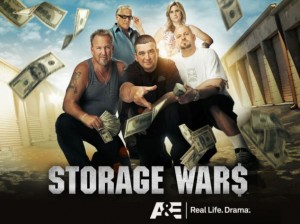 Hold onto your beer can sports fans because there is trouble brewing on the sports television landscape that does not involve Jim Crane and Comcast Sports Houston.
Hold onto your beer can sports fans because there is trouble brewing on the sports television landscape that does not involve Jim Crane and Comcast Sports Houston.
There is a new player on the television scene called Aereo. Aereo is a new way for consumers to drop cable-TV subscriptions. Anyone with a television can buy an “antenna” from Aereo and get free access to broadcast channels via the Internet. Cable programming such as HBO and ESPN are not available so for now, Aereo (which is available in Houston) is simply a convenient way to record and watch local television.
So why should the mighty NFL be worried? All their games are broadcast over the air in their respective markets. Theoretically, Aereo could put up antennas in NFL markets and sell a package which would provide subscribers to buy online access to NFL games broadcast anywhere. This would allow Aereo to offer a similar version of DirecTV’s NFL Sunday Ticket without paying the NFL anything.
The timing could not be worse for the NFL. The NFL Sunday Ticket agreement with DirecTV is set to expire at the end of next year. DirecTV pays a reported $700 million per season for having exclusive rights to all the games. It does not take a Warren Buffet to figure out the value of those rights would drop faster than Enron stock.
But wait, there’s more. Aereo could also undercut the NFL’s plan to dole out the way people watch the games. Currently the league has an agreement with Verizon to show games on smartphones, but for whatever reason, restricts it being shown on tablets. Aereo could let people watch games on whatever device they want.
The NFL and MLB are not taking this lightly. In a recent friend-of-the-court brief, they claim Aereo “has no purpose other than to avoid compensating the copyright owners whose programming Aereo exploits.”
Broadcasters are also fighting back, but are down in the scoreboard early on. Federal judges in Boston and New York have ruled that Aero could operate during the legal fight, giving it time to spread to new cities. Look to see this case make its way to the Supreme Court sooner than later.
It has long been thought that all major sports programming would cease to be offered on over-the-air television outlets and move to a paid, or pay-per-view model. Aereo could just be the final nail in the proverbial coffin to make that happen.
 Do you “Twitch”? For those non-gamers out there, Twitch.tv is a website that provides live streaming of people playing video games.
Do you “Twitch”? For those non-gamers out there, Twitch.tv is a website that provides live streaming of people playing video games.









